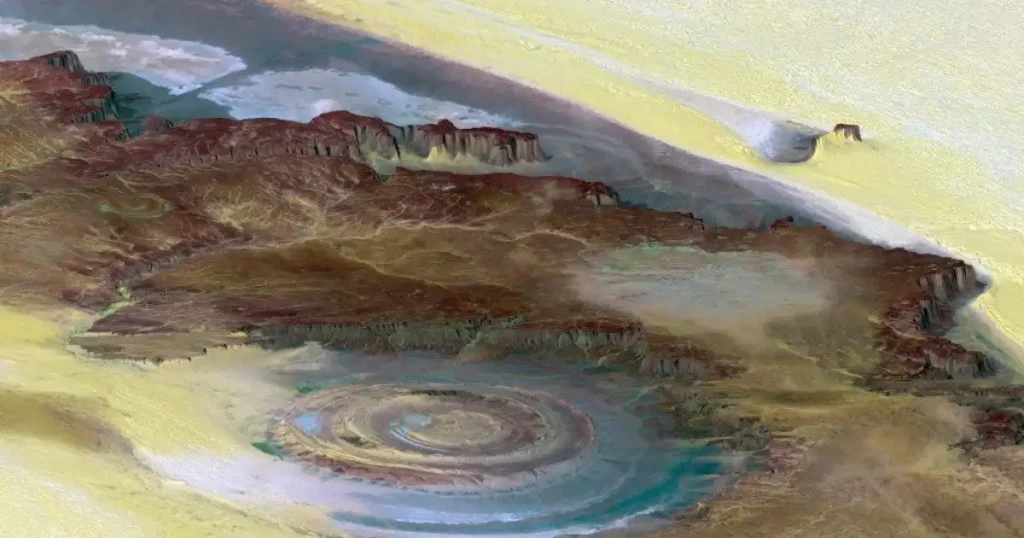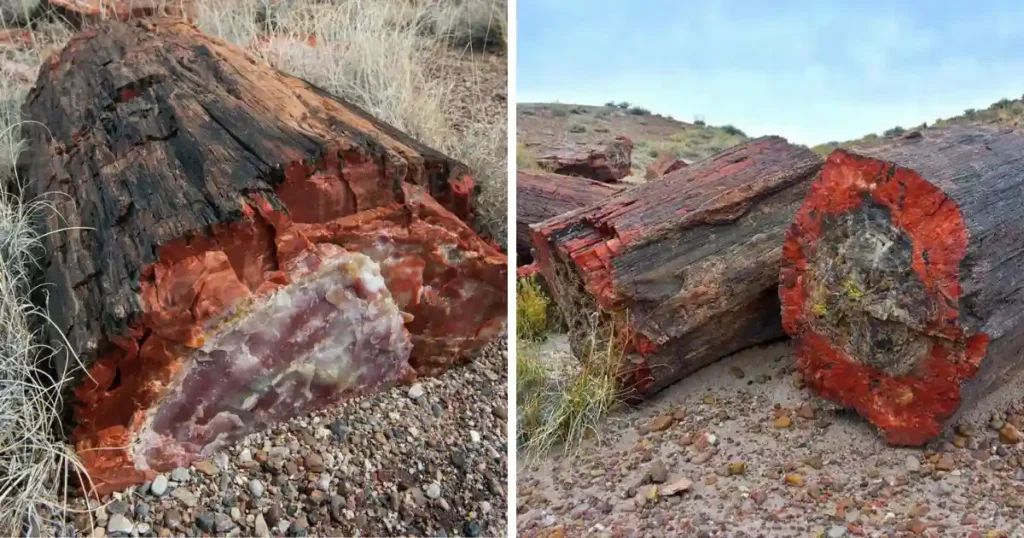Finding a cave believed to be a badger’s den, Spanish archaeologists collected more than 200 ancient Roman coins dating to around 200-400 AD.
ABC News, citing research published in the journal Prehistory and Archaeology, said that at the entrance of La Cuesta cave in Asturias region, northwest Spain, Roberto García, a local, made the discovery. More than 200 ancient Roman coins.
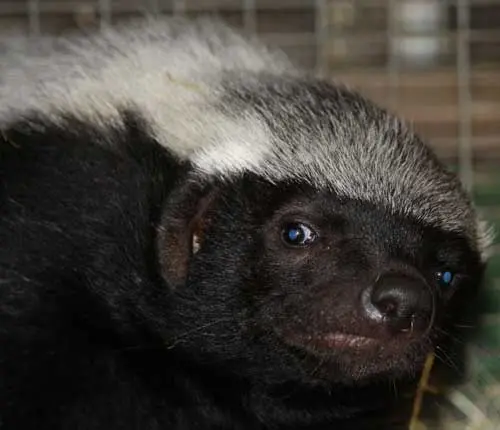
Alfonso Fanjul, director of excavations, said the badger found the coins while looking for food or nesting.
“When we got there, we found in the cave a hole leading to this badger’s nest, on the ground full of ancient Roman coins,” Fanjul told CNN.
Badger is a mammal of the weasel family. They are native to Africa, Southwest Asia and India. Famously cunning, “not afraid of heaven, not afraid of the earth”, badgers are often known for “skills” such as stealing prey from leopards, attacking poisonous snakes, or even being able to wake up healthy after a few hours. unconscious from snake venom.
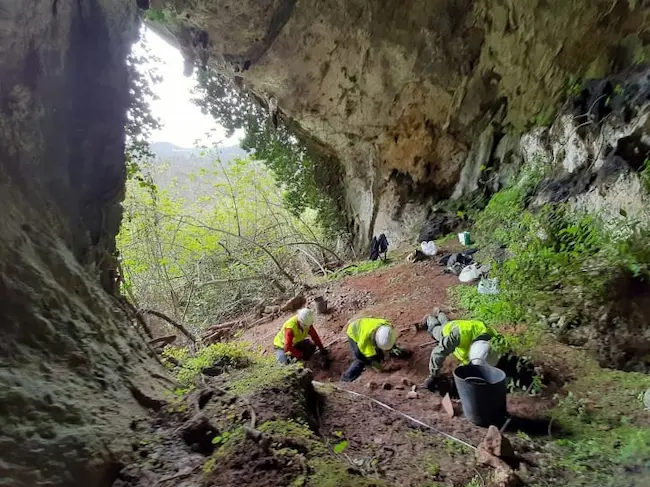
In the report, the team of archaeologists noted that they found all 209 Roman coins dating from about 200-400 AD. Most of the coins found are of northern and eastern Mediterranean origin.
This is the largest Roman coin store ever discovered in Spain.
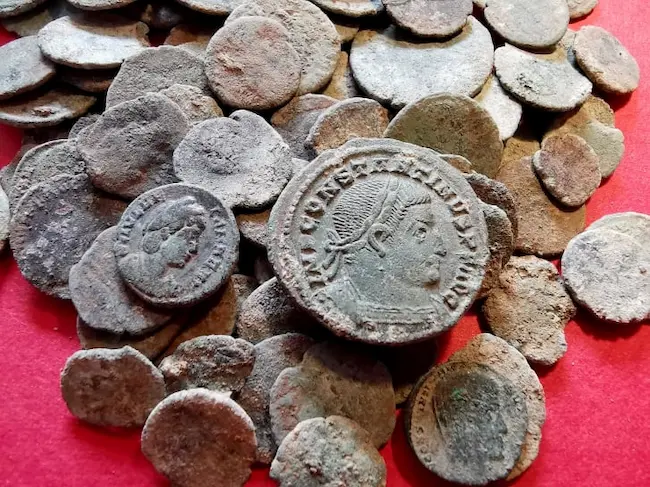
According to Mr. Fanjul’s initial conjecture, the coins were buried around the site in the post-Roman period, when some barbarians such as the Suebi attacked the Iberian peninsula in southwestern Europe, reflecting political and social instability during the fall of Rome.
The coins are scheduled to be on display at the Archaeological Museum of Asturias. Mr. Fanjul and the archaeological team plan to do more excavations at La Cuesta cave this year.
